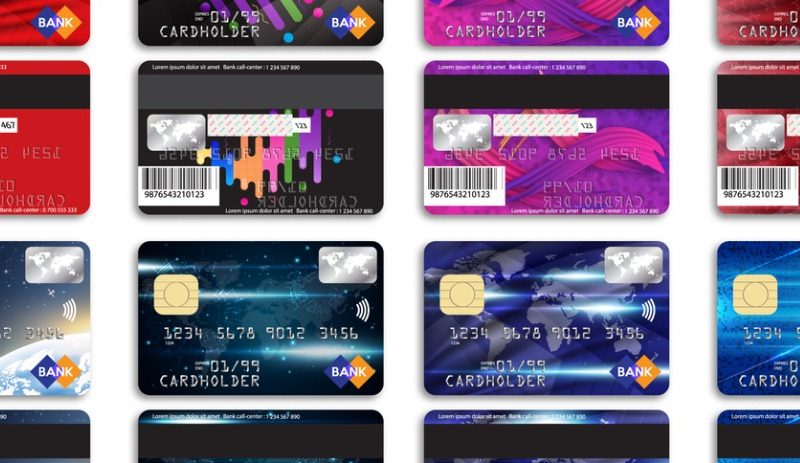Want an alternative to your big electricity provider? We weigh up the pros and cons of the small, non-profit power companies
Do you get worried when you receive your monthly power bill? Electricity and gas prices can be eye-wateringly expensive for some people. What’s more, the big companies want, naturally, to make as much profit as they can.
There are alternatives. In fact 48 brands from 32 parent companies are vying to offer their service to you. Some have quite different business models to the big incumbents.
Did you know, for example, you can sign up to a power company that sells to you at cost? Yep. Some smaller providers aren’t looking to pay profits back to shareholders.
New concepts – doing it differently
A lot of smart people are looking for new ways to offer power. There are many smaller for-profit power companies that their users swear by. And there are larger ones that work hard for their money. I decided to take a look at one of the offers. Armed with my bill I ran the numbers through the calculation and it said I would save $11 a month, which is $132 per year. Not bad for a few minutes work.
Pros and cons of using a small power company
The upsides include:
- Cheap power. You know that you’ll never pay for big salaries, expensive advertising, door-to-door sales people and so on.
- No fixed-term contracts. If you’ve ever shopped around for power you’ll know they sign you up for one- or two-year fixed deals with pricey break fees.
- Big power users bonus. With some companies you pay the same fee whether you’re a big user or a tiny user of power. That really benefits big households who are paying a fixed fee instead of a margin on every kilowatt used.
- Supporting the little guy. If you don’t like big corporates, then you can support smaller locally run companies by signing up to one of the other not-for-profit suppliers.
There are always downsides:
- Floating prices. Some companies have prices that aren’t fixed. They move with the “spot prices”. So if there is a weather or other event that increases the bulk price, then it’s passed onto you and me immediately. Sometimes when these spot prices soar, as Flick Electricity has found out, the customers get a bit disgruntled.
- It only provides electricity. I’ve come across this problem before when comparing prices with Flick and others. That means I’d need to have my gas with another company and can’t get dual fuel discounts.
- The price assumes you pay by direct debit. With other companies you sometimes get a discount for direct debit. If you are comparing prices with the gross rate at other power companies before the discount then this isn’t comparing like for like.
Ultimately power supply is a low-margin business. There isn’t a lot of fat in it for the companies despite what you and I think. That’s why if you’re regularly reviewing your bills there isn’t a lot to save by switching. If, however you’re on the same plan you were five years ago, switching to any other supplier might save you money. Introductory offers are usually far better than you could get currently.
The information in this blog post is general in nature and does not constitute personal financial or professional advice. It is not intended to address the circumstances of any particular individual. We do not guarantee the accuracy and completeness of the information and you should not rely on it. Before making any decisions, it is important for you to consider your personal situation, make independent enquiries and seek appropriate tax, legal and other professional advice.
- Post Tags:
- better deals
- power
- save money
- switching
Credit Simple
Credit Simple gives all Kiwis free access to their credit score, as well as their detailed credit report. See how your credit score compares by age, gender and community and gain valuable insights into what it all means.
All stories by: Credit Simple


